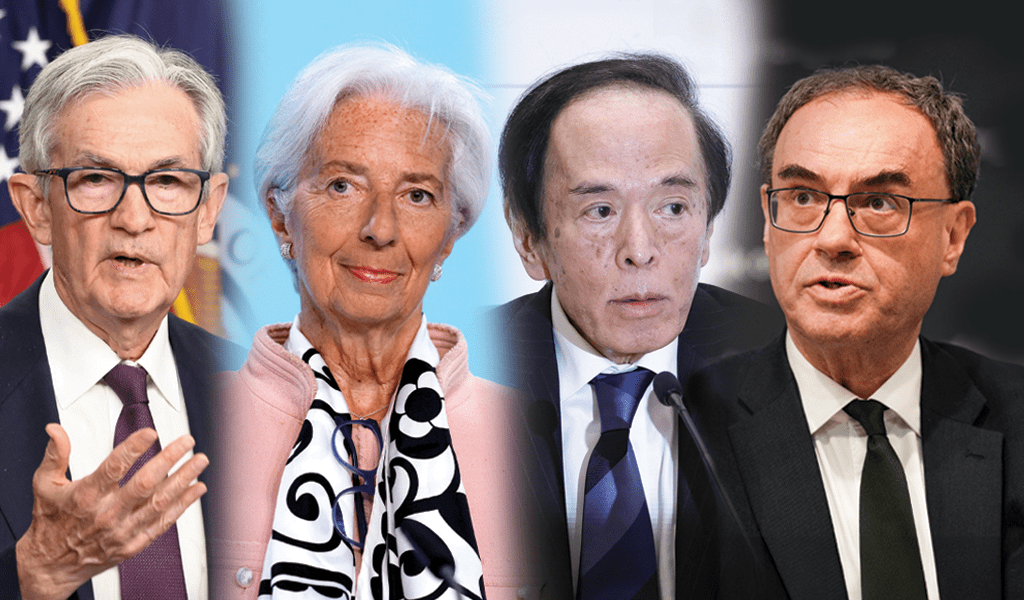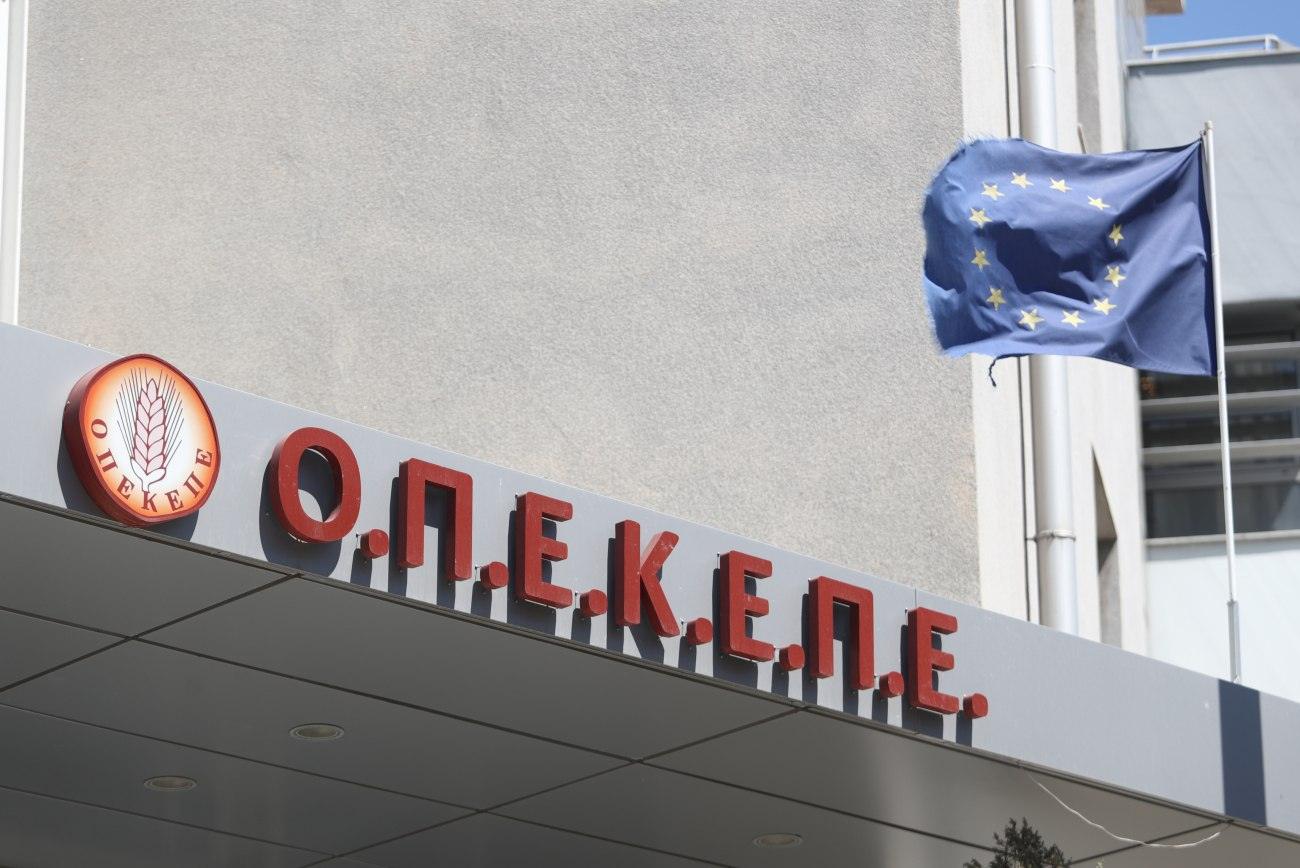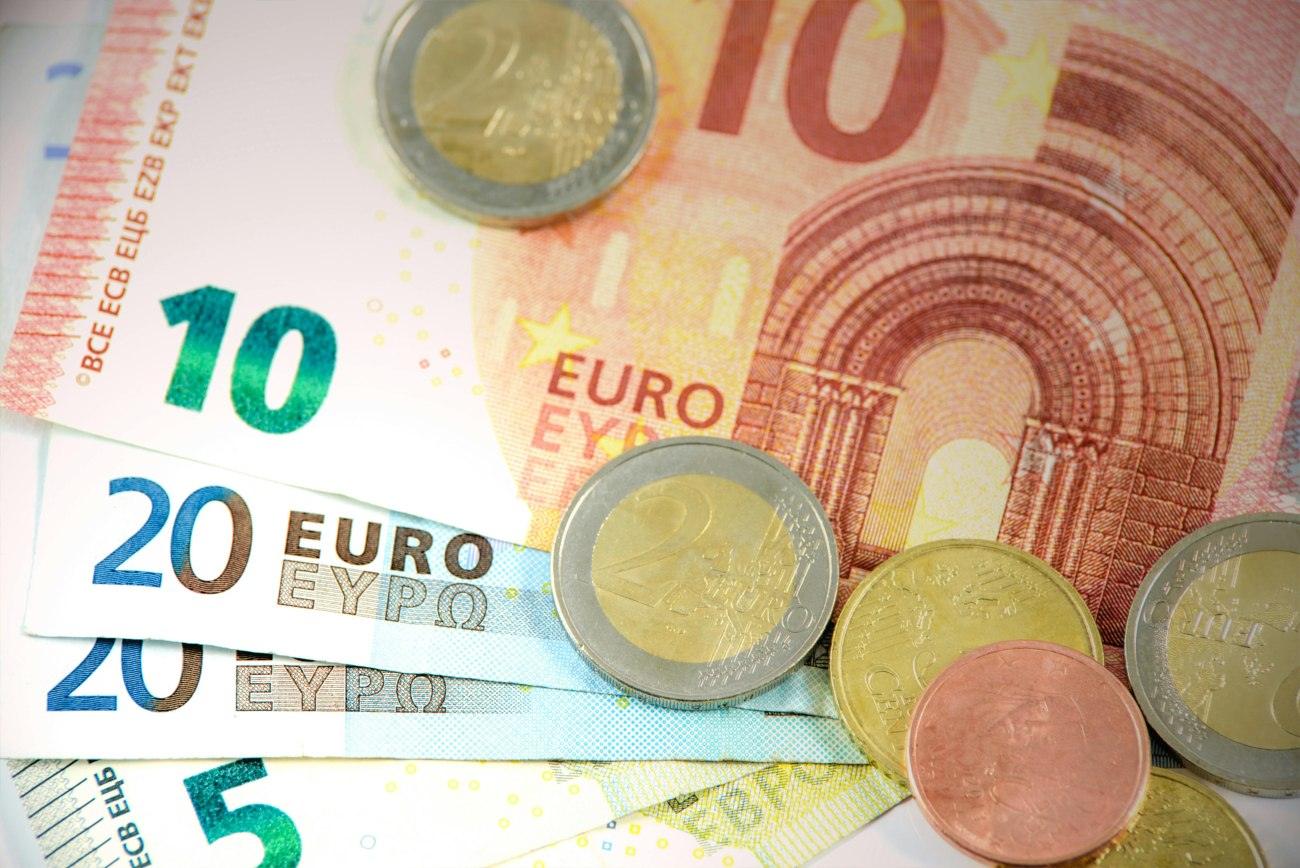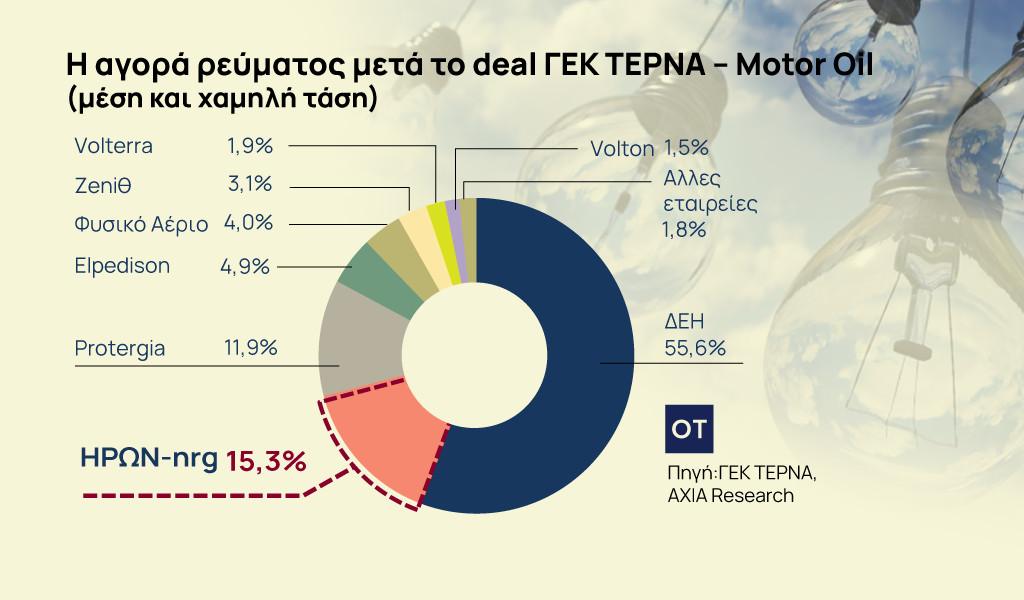ING may not have proceeded with an assessment of the course of the Greek economy, after the disasters suffered by a large and productive region in September, but in its overall commentary for October, summarizing its forecasts for the performance of the countries, sees Greek GDP at just +1.1% in the third quarter of the year. Given that two months out of three are the heart of the Greek summer, with most of the tourist input, the low performance is obviously linked to what happened in Thessaly, although some comment is absent.
After all, the acceleration of the growth rate of the Greek economy in the fourth quarter of 2023 is of the order of 3%, suggesting that ING sees some normalization of economic activity, if not a reset. For 2024, it sees a weak first quarter, with the remaining three running at 1.5% – 1.7%.
An inconvenient truth about central banks
The recent rise in long-term interest rates in both the US and the eurozone points to an inconvenient truth for central bankers: once financial markets begin to believe that rate cuts are not coming soon, market moves could push economies and policy rates in very unpleasant directions. This is also reported by Carsten Brzeski, who also signs the said analysis.
Longer-term rates are now the ‘key’
As Brzeski explains it takes some time for higher policy rates to find their way into the real economy. Some central bankers have openly discussed that this time, monetary policy transmission is faster and stronger than in the past. This, however, does not diminish the evidence that longer-term interest rates have an even stronger impact on the economy than policy rates. According to established models, at least in the euro area, an increase in longer-term interest rates has a four times stronger impact on growth than an increase in interest rates of the same size.
Therefore, looking at interest rate movements in both the US and the Eurozone explains why the negative impact of central bank actions has so far been limited. In the eurozone, the ECB’s rate hikes of 450 basis points only pushed 10-year German bond yields 150 basis points higher, at least until the September ECB meeting. In the US, the Fed raised interest rates by 525 basis points, raising US 10-year Treasury yields by 250 basis points, again by the September Fed meeting.
Over the past two weeks, bond yields in the eurozone and the US have risen by around 50 basis points. If standard econometric models are anything to go by, the recent rise in bond yields alone will already have the same impact on economic activity as half of the increases in policy rates so far, Brzeski explains.
There are several reasons for the recent rise in bond yields. Just think of the recent rise in oil prices and fears that inflation may be more persistent than expected. But also consider the new debt sustainability issues in both the US and the eurozone. Finally, massive efforts by central banks to convey the message that interest rates will be high for a long time played a role.
The markets “woke up”.
At first glance, central bankers should be happy looking at their monitors for market rates, Brzeski comments. Financial markets are finally waking up to the “higher for longer” scenario.
But according to him, ING’s base case is still “high” and not “higher” for longer, as he expects at least the Fed and the European Central Bank to have already reached the peak of policy rates. However, judging from official comments alone, the risk of further additional rate hikes remains high. Granted, this isn’t the long-term type of central banking students are taught at university, Brzeski admits.
However, looking more closely, central bankers should be more concerned that financial markets are finally getting used to the “high for longer” scenario. A rise in longer-term interest rates has the potential to push both the US and the Eurozone economies, not only in recession but also in crisis. The irony of such a scenario would be that the more financial markets believe in “high for longer,” the greater the chances that central banks will actually cut interest rates.
And that will be a very uncomfortable truth for central bankers, Brzeski concludes.



































